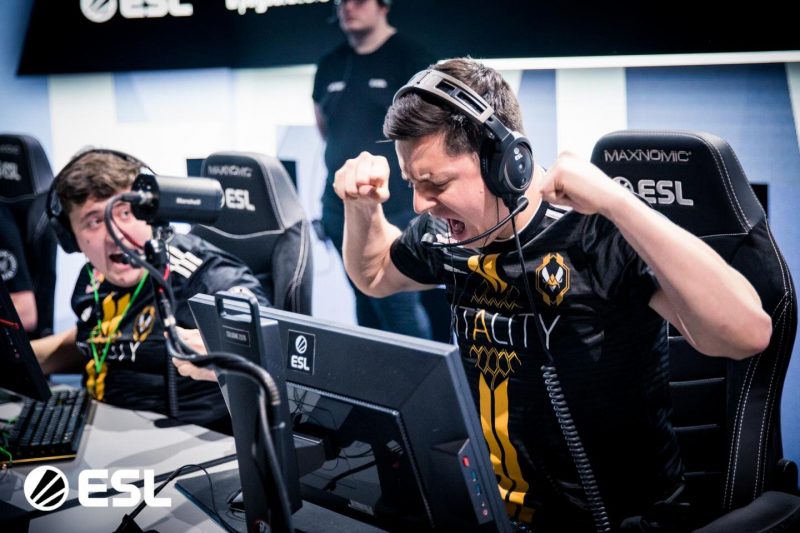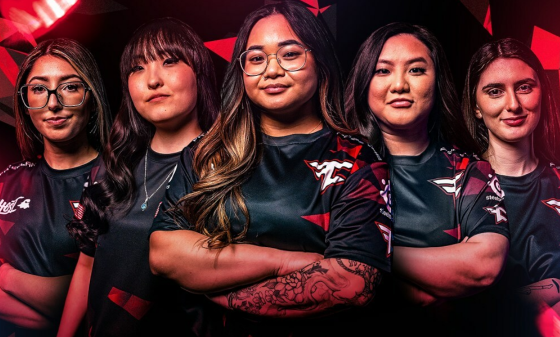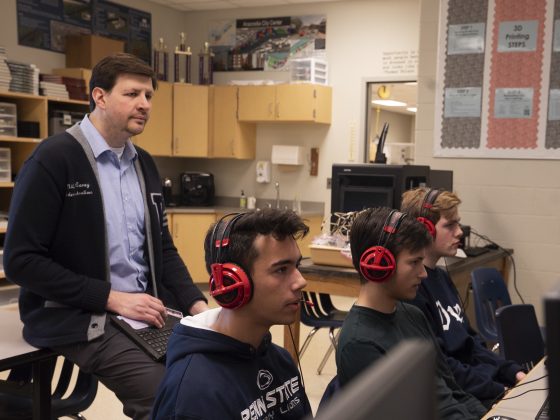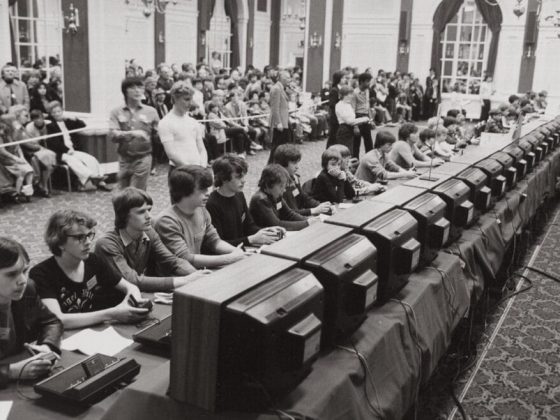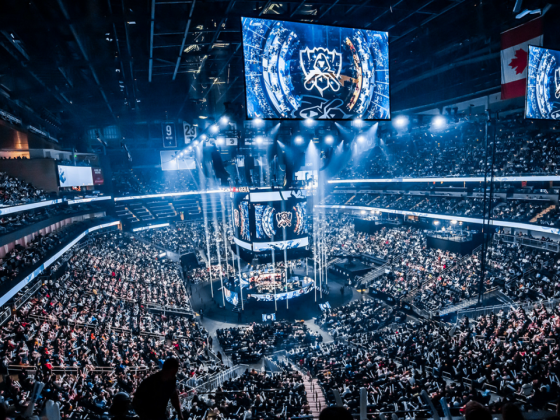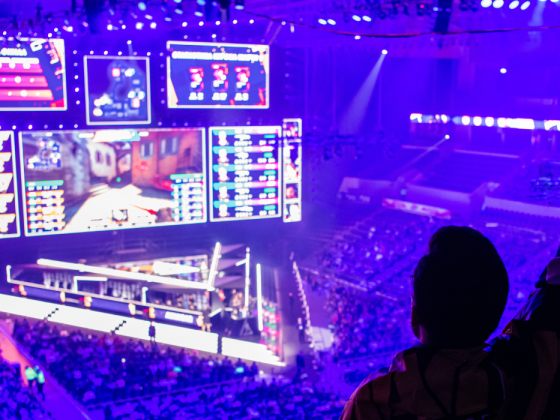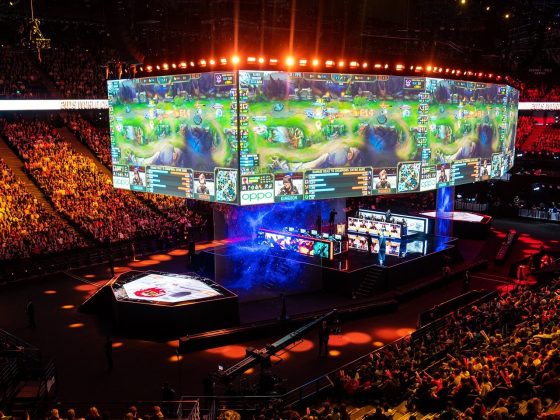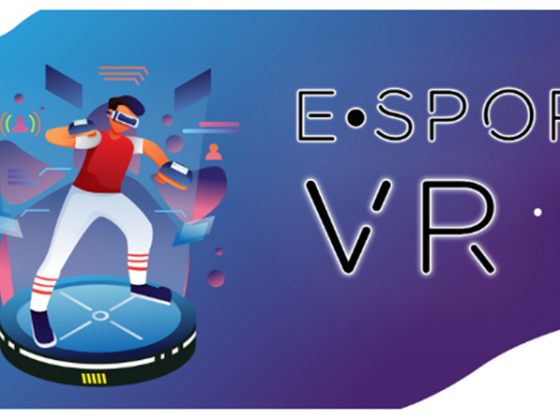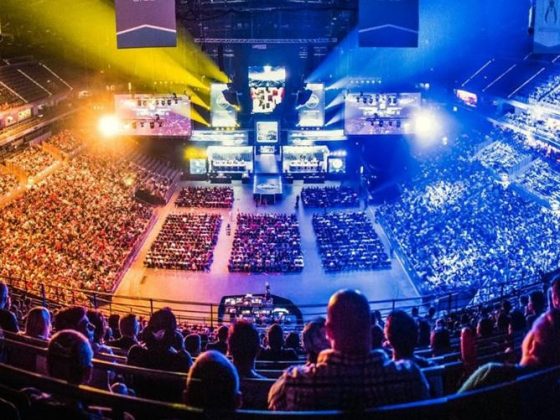The world of professional eSports has witnessed an explosive growth in recent years, with millions of fans tuning in to watch their favorite gamers compete in various titles. These professional eSports players, often referred to as “pros,” have taken gaming to a whole new level, earning substantial incomes, celebrity status, and international recognition. However, beneath the glitz and glamour of professional gaming lies a host of psychological challenges that can have a profound impact on the mental health and performance of these elite players.
The Competitive Pressure
Competitive eSports is no longer just a hobby or pastime; it’s a high-stakes industry with lucrative contracts, sponsorships, and tournaments offering million-dollar prize pools. As a result, the pressure to perform at the highest level is immense. Pros often face rigorous training schedules, demanding practice routines, and the constant scrutiny of fans and sponsors. This competitive pressure can lead to various mental health challenges, including anxiety, depression, and burnout.
Anxiety and Performance
Anxiety is a common issue among professional eSports players. The fear of failure, the pressure to maintain a high rank, and the anticipation of competition can trigger anxiety symptoms. In a field where split-second decisions can determine the outcome of a game, anxiety can be detrimental to performance. Pros may experience physical symptoms like racing heart, sweaty palms, and trembling hands, all of which can affect their gameplay.
Depression and Isolation
Professional gamers often spend long hours training and competing, which can lead to social isolation. The lack of face-to-face interaction with teammates and peers can contribute to feelings of loneliness and depression. Additionally, the constant scrutiny on social media can lead to negative self-image and self-esteem issues, exacerbating these mental health challenges.
Burnout
Burnout is a significant concern in the world of professional eSports. The demanding practice schedules, travel commitments, and high-stress competitions can take a toll on players’ mental and physical well-being. Burnout can result in a decrease in performance, motivation, and overall satisfaction with the gaming career. Recognizing the signs of burnout and addressing them early is crucial for sustaining a long and successful eSports career.
Coping Strategies
To address these psychological challenges, many eSports organizations are starting to recognize the importance of mental health support for their players. Here are some coping strategies that professional gamers can use to improve their mental well-being:
- Mental Health Education: Players and organizations should educate themselves about mental health issues and how they can affect performance. Recognizing the signs and symptoms is the first step in seeking help.
- Stress Management: Learning stress management techniques such as deep breathing, meditation, and mindfulness can help players stay calm under pressure.
- Balanced Lifestyle: Maintaining a balanced lifestyle with proper nutrition, exercise, and adequate sleep is essential for mental and physical well-being.
- Social Support: Building a strong support network of friends, family, and fellow players can provide emotional support and a sense of belonging.
- Professional Help: If mental health challenges become overwhelming, seeking help from a mental health professional is crucial. Therapy and counseling can provide tools to manage anxiety, depression, and burnout effectively.
Conclusion
While the world of professional eSports offers exciting opportunities and rewards, it comes with its fair share of psychological challenges. Pro players must prioritize their mental health to perform at their best and sustain a successful career. As the eSports industry continues to evolve, it is crucial that organizations and players work together to promote mental well-being, ensuring that the competitive gaming scene remains a healthy and sustainable environment for all involved.
